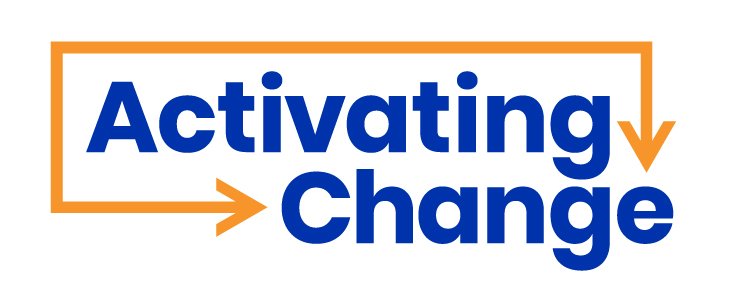REPORT: The Overrepresentation of People with Disabilities and Deaf People in Local Criminal Systems
Every year, over seven million admissions occur in the 3,116 local jails across the United States. Local mass incarceration disproportionately impacts the most marginalized communities—especially Black, Latinx, and Indigenous individuals; LGBTQ+ people; those living in poverty; and survivors of violence. A significant number of these individuals also have at least one disability, yet this critical aspect of their identities is often overlooked in analyses of mass incarceration and by the criminal legal reform movement. While the prevalence of psychiatric disabilities (often referred to as mental illnesses) is well known, the prevalence of other disabilities—including those that are cognitive, physical, and sensory and Deaf individuals—remain largely absent from mainstream discussions and reform efforts.
This paper begins by discussing disability and Deaf communities and their overrepresentation in the criminal legal system. By tracing the history of involuntary institutionalization and incarceration of people with disabilities, we can better understand the deep disparities of today. We explore the complex, interrelated systems that increase the likelihood of individuals with disabilities encountering the criminal justice system, as well as the systemic features within that system that perpetuate these disparities. Finally, we present policy and practice recommendations aimed at reducing the high incarceration rates and harm experienced by people with disabilities within the criminal legal system. Because well over half of people in jails have a disability, we cannot address local mass incarceration without centering these communities in our collective efforts.
FACT SHEET: The Mass Incarceration of People with Disabilities and Deaf People
This fact sheet explores how mass incarceration in the U.S. disproportionately impacts people with disabilities and Deaf people—particularly those who are Black, Latinx, and Indigenous. While psychiatric disabilities are often cited, other forms such as intellectual, physical, and sensory disabilities are frequently overlooked. The fact sheet provides a cross-disability framework and highlights stark disparities at every stage of the criminal legal system, including arrest, incarceration, and community supervision. Centering disability equity is essential to achieving justice reform.
TOOLKIT: Partnering with Disability Organizations to Enhance Criminal Legal Reforms
Despite the fact that the majority of people in prisons and jails have at least one disability, disability and Deaf organizations have not traditionally been included in efforts to advance local criminal legal reforms. Activating Change’s toolkit offers practical guidance for shifting this trend and for forming partnerships with an essential but overlooked constituency – the disability and Deaf community.
